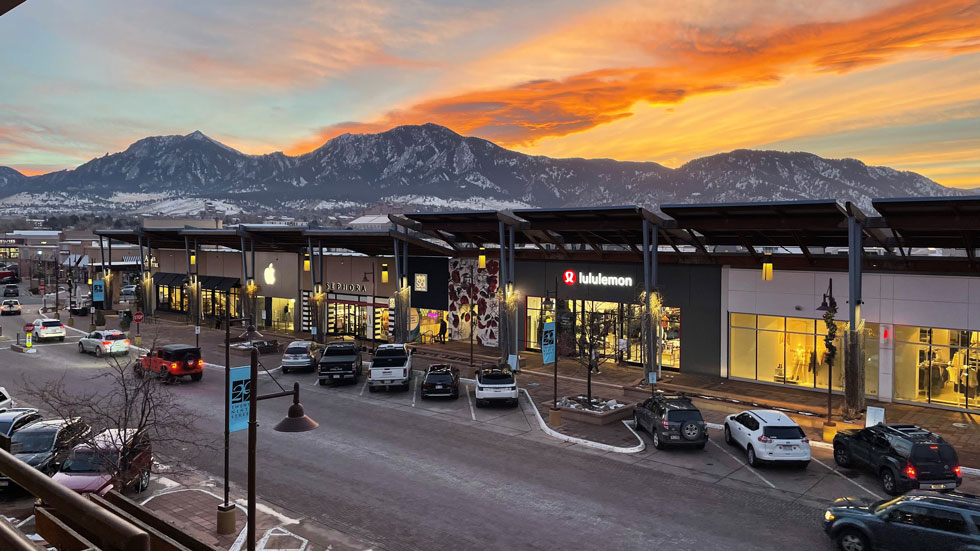This case study was published in the 2023 REIT Industry ESG Report, which details the REIT and publicly traded real estate industry's environmental, social, and governance (ESG) performance and features 20 case studies showcasing REIT leadership and ESG innovation from a variety of sectors. The report serves as a practical tool for shareholders and stakeholders to assess the scale and impact of the REIT industry's ESG commitments and initiatives. Applicable footnotes and/or citations for this case study are available in the full report.
Macerich created its sustainability team in 2008 and has been taking an integrated approach to sustainability since – through good governance, carbon neutrality goals, social initiatives, and more. As part of its new strategy, the REIT aligns its objectives to the SDGs to measure its social impact through leveraging community hubs as centers of impact.
Most REITs use frameworks like GRI or TCFD to report and align sustainability goals to corporate goals. In addition to those frameworks, Macerich, with 47 million square feet of real estate in 44 regional town centers across the U.S. — many of which contain mixed uses — opted for something different and turned to the UN SDGs. The SDGs are 17 interlinked goals that focus on global issues like climate change, poverty, and sustainable development, among others. The goals provide a blueprint to address these challenges, with associated targets and indicators to be achieved by 2030.
Following COP26 in late 2021, Macerich decided to explore the possibility of embedding the UN SDGs in its sustainability strategy. The REIT’s corporate responsibility and sustainability team completed a rigorous review of all the corresponding indicators and metrics tied to the SDGs. It aimed to be purposeful in selecting SDGs for setting realistic and material targets. The company subsequently matched targets and indicators with its own activities and goals to ensure actionable and meaningful impact.
Macerich uses the concept of double materiality to evaluate its sustainability priorities, which refers to evaluating both the financial and non-financial impacts on the business as well as the impacts the business has on the environment, people and society. The REIT believes that sustainability goals are more than methods for building reputation – they can create real economic benefits to business operations as well as have a positive impact on the communities in which they invest.
While Macerich is tying its sustainability goals to various SDGs, it is notably targeting those related to social initiatives. The two prominent social issues that the REIT aims to target are improving employee wellbeing and bolstering local communities. Some specific, ongoing initiatives include food drives to tackle SDG 2: Zero Hunger and backpack drives to address SDG 4: Quality Education. The REIT reported that over 472,000 people were fed in 2022 through meals donated to organizations addressing food insecurity. Additionally, 20,000 students received support in the form of school supplies in 2022. These initiatives are held at Macerich properties to engage and support local communities. As a bonus, the REIT hopes to help build loyalty with its community partners.
Macerich is determined to demonstrate actionable and quantifiable impacts related to the SDGs at the local level. The first step was choosing and mapping SDGs. The next step is to continue to measure and advance progress toward them.
Macerich is one of the country’s leading owners, operators, and developers of major retail real estate. Its unparalleled portfolio comprises trophy properties in the most desirable, densely populated, and highest-barrier-to-entry U.S. markets.
